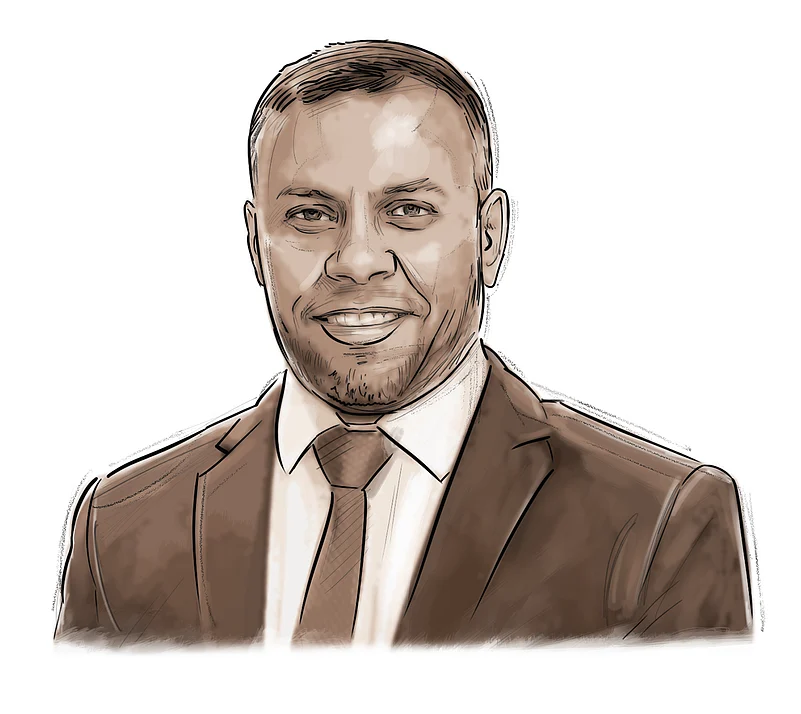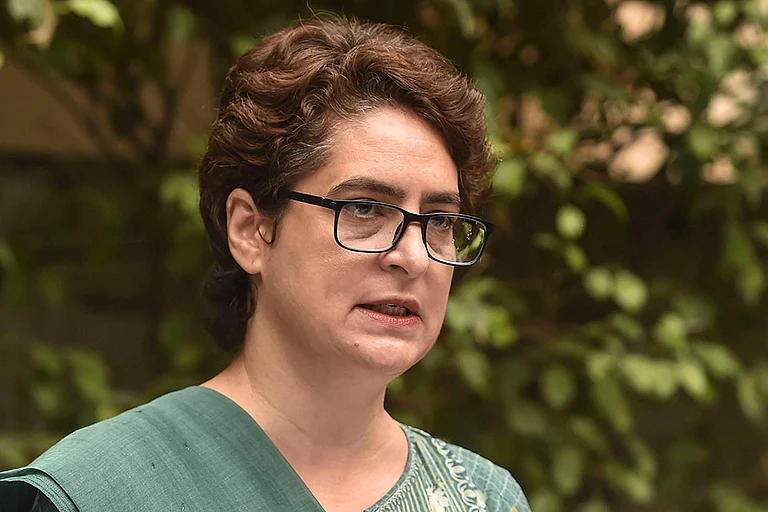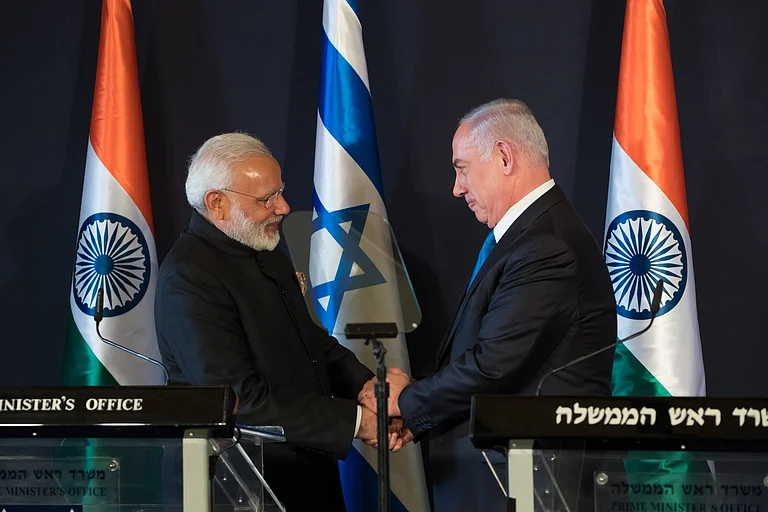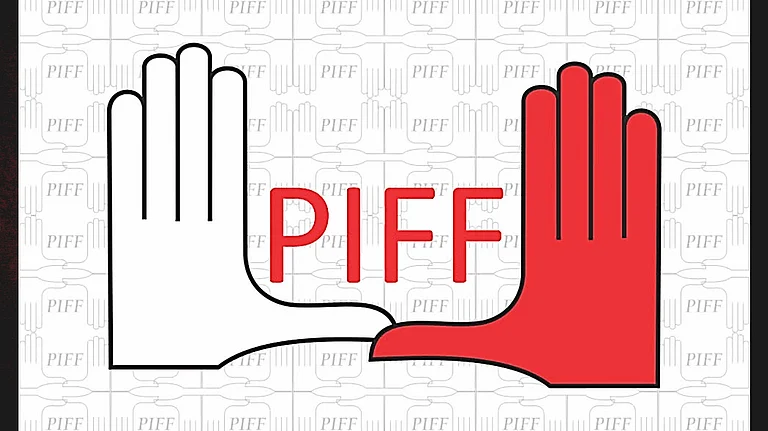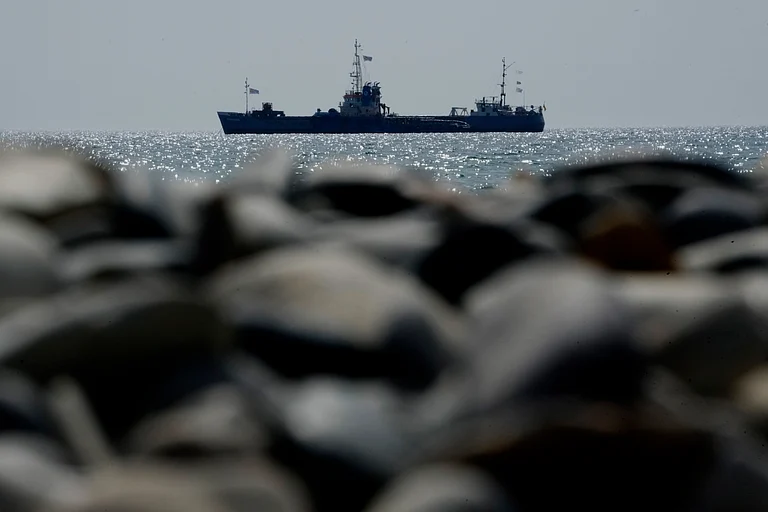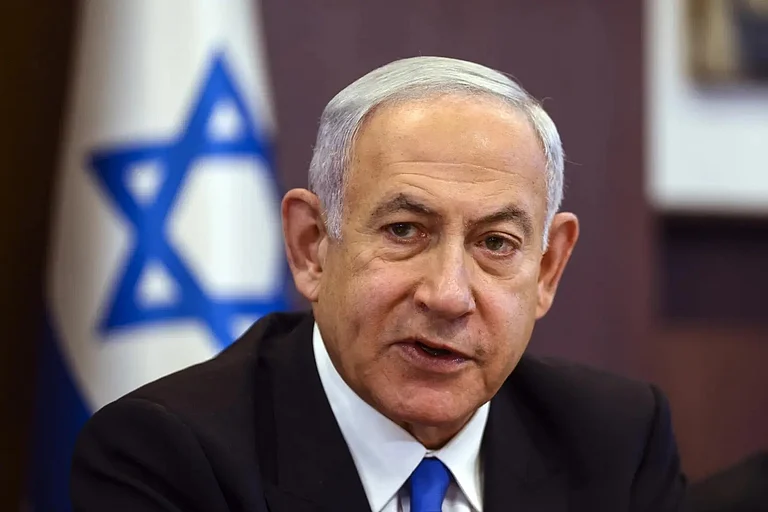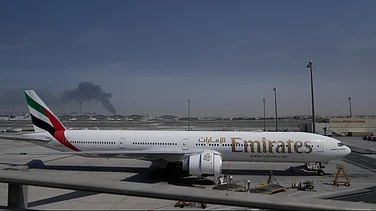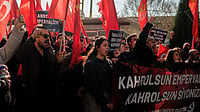
Summary of this article
Gaza's famine is deliberate and unprecedented in history.
Aid has collapsed as help is blocked, civilians queueing for food shot.
Personal toll of global avoidance is proving catastrophic in Gaza.
Ismail Al-Thawabta, director of Gaza’s Media office, has ripped through Israel’s propaganda machine to present the true picture of Netanyahu’s dirty war to the world. Amid strict Israeli censorship and the IDF’s refusal to allow journalists to visit Gaza, he has meticulously catalogued Israel’s war crimes: the killing of children, the starving of an entire population, the attacks on hospitals, doctors and aid workers and the assault on journalists who had risked their lives to send out reports and videos to the world. Over 220 reporters have been killed so far. He opened the eyes of the world to the agony of Gaza. He spoke to journalist Iftikhar Gillani in a rare phone interview about the devastation of his homeland and the situation in the besieged enclave.
What explains the current famine in Gaza, and how did it reach this point despite global awareness?
The famine is the direct result of Israel’s prolonged military blockade, its systematic restrictions on food, fuel and medicine, and repeated disruption of distribution lines inside the Strip. Safe access is impossible. The Integrated Food Security Phase Classification (IPC) platform has confirmed that “the worst-case famine scenario is already unfolding” and that indicators for food consumption and malnutrition have exceeded famine thresholds across much of Gaza.
Despite global awareness, Israeli field restrictions and attacks on aid routes have made any large-scale increase in supplies practically impossible.
Has Israel’s conduct crossed thresholds under international law?
Yes—unequivocally. The International Court of Justice (ICJ), in binding orders issued on 26 January, 28 March and 24 May 2024, required Israel to ensure “unimpeded” access for humanitarian aid and to protect civilians. Israel’s continued closure of crossings, obstruction of relief and targeting of distribution sites violate these orders and the principles of international humanitarian law, which prohibit starvation of civilians as a method of warfare. Human rights groups have documented Israel’s persistent defiance.
How effective has the US-backed “deconfliction mechanism” been since May 2024?
It has been extremely limited: notification and protection systems have repeatedly failed, there have been security and logistical breakdowns and delivery capacity falls far below the actual need. Food distribution days often coincide with spikes in shooting injuries among those seeking aid. Independent reports say the notification system is “broken”. New distribution arrangements collapsed quickly, and the floating pier suffered breakdowns, long suspensions, and failed to create a functional inland transport network.
What role have Western governments played?
Most have either directly supported Israel militarily and politically or failed to enforce international legal obligations. This has allowed the restrictions to persist. Their failure to fix “deconfliction”, open crossings, or enforce ICJ orders has deepened the collapse. Alternative distribution mechanisms have not protected civilians or ensured the neutrality of aid work.
Is there a historical parallel to this enforced starvation?
No. At this scale, and “live on air” with daily visual documentation, it is unprecedented. We are seeing systematic starvation of 2.4 million civilians, repeated shooting at queues of starving people and deliberate destruction of supply networks. This is not a “risk” of famine—it is the famine itself.
Do United Nations agencies share responsibility for the lack of scale-up?
The core problem is Israeli obstruction: closed crossings, unsafe operations, and targeted disruptions of declared aid routes. This prevents the United Nations from scaling up, despite its readiness. Reports document how Israel blocks food entry, causes checkpoint malfunctions and disrupts agreed schedules. Only lifting restrictions and providing protection will allow agencies to do their work.
What should the media and civil society do now?
Use precise legal terms—famine, collective punishment, starvation as a method of warfare—not euphemisms. [They must] document shootings at aid sites with visual, medical and time-stamped evidence. Demand immediate International Court of Justice order implementation and open all crossings. Protect warehouses, transporters and volunteers. Hold arms suppliers accountable for enabling violations.
What did your family eat today and this week?
Today, only lentil soup. This week, we have alternated between lentils and a quarter-portion of rice per person per day, with only water to drink. This is the reality of enforced scarcity.
How do you feel when your children ask for food?
It is the hardest moment of my life—when my daughter asks for a loaf of bread and I cannot give it to her. It is tragedy and oppression, and a stark example of the world’s double standards.
What happens at aid distribution points?
The blood is proof. So far, 1,838 people have been killed and over 13,409 injured while trying to access food. Investigations show repeated Israeli gunfire at hungry crowds, with head, neck, and limb wounds. No enemy has ever starved a people, lured them to dangerous zones for food and then shot them in the head.
How are people coping with hunger-related diseases?
There is almost no treatment. Crossings are closed and medicines are blocked. Acute malnutrition, infections, and communicable diseases are rising. The United Nations warns that all Gaza children under five are at risk. Neighbours share what little they have. Some cook one kilogram of beans in ten liters of water with a little sauce, then share it among households. This solidarity exists despite the blockade and daily killings.
How has your own life changed?
I have lost 16 kg, my cousin Mazen has lost 51 kg, and Maher 46 kg. Resentment is growing against governments that supply the occupation with weapons while preaching morality. This policy is crushing 2.4 million people.
Does the world realise how bad things are?
Yes, but it avoids responsibility. Awareness without action is complicity.
Your message to the world?
Stand with the oppressed. Since 7 October 2023, Israel has killed 61,599 Palestinians whose bodies reached hospitals, injured 154,088, and left about 9,500 dead or missing under rubble. These are families—not numbers. Open the crossings, protect aid corridors, halt arms transfers used in violations and hold those responsible accountable for starvation as a method of warfare.



